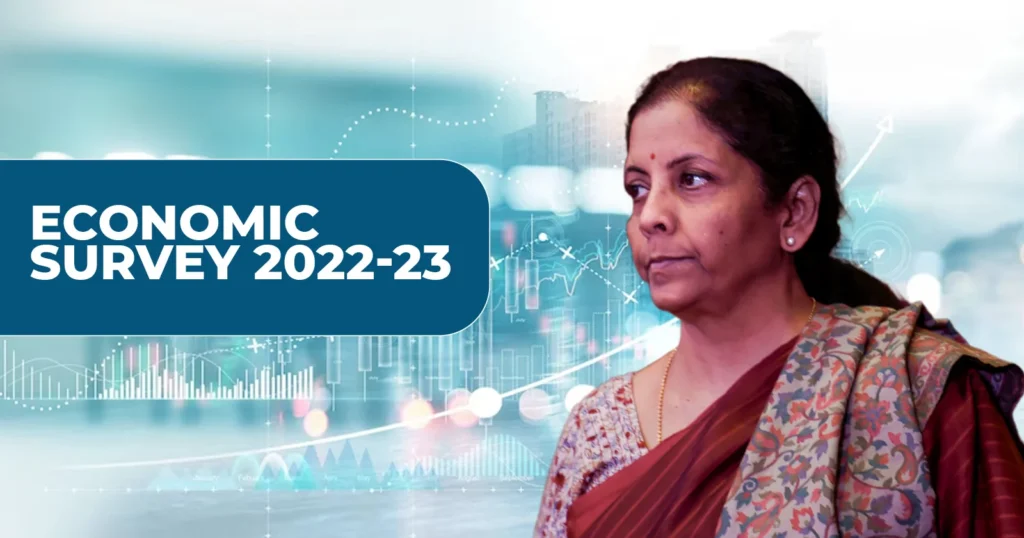
The world of finance is complex and ever-evolving, making it an attractive playground for scammers and fraudsters. With the rise of digital transactions and online banking, the risk of falling prey to financial scams has increased exponentially. In this blog, we’ll expose the top 5 financial scams in the world, helping you to beware and be aware of these deceitful tactics.
1. Phishing Scams
Phishing scams involve tricking victims into revealing sensitive financial information, such as passwords, credit card numbers, or account details. Scammers use fake emails, texts, or messages that appear to be from legitimate financial institutions, luring victims into divulging their confidential information.
Example: You receive an email claiming to be from your bank, stating that your account has been compromised and needs to be updated immediately. The email provides a link to a fake website that looks identical to your bank’s official site.
2. Ponzi Schemes
Ponzi schemes are investment scams in which returns are paid to existing investors from funds contributed by new investors. These schemes promise unusually high returns with little to no risk, enticing victims to invest their hard-earned money.
Example: A friend or family member introduces you to an investment opportunity that promises a 20% monthly return. You invest $10,000, and initially, you receive the promised returns. However, the scheme eventually collapses, leaving you with significant financial losses.
3. Identity Theft
Identity theft involves stealing personal information, such as social security numbers, addresses, or dates of birth, to commit financial fraud. Scammers use this stolen information to open credit cards, take out loans, or access existing accounts.
Example: You receive a notification from the credit bureau that someone has applied for a credit card in your name. Upon investigation, you discover that your social security number was stolen, and the scammer has accumulated thousands of dollars in debt under your name.
4. Advance Fee Scams
Advance fee scams involve paying a fee in anticipation of receiving a larger sum of money or a valuable service. Scammers promise victims a loan, grant, or investment opportunity, but demand an upfront fee to process the application.
Example: You’re struggling to pay your bills and receive an email offering a guaranteed loan of $10,000. The lender demands a $500 processing fee, which you pay, but the loan never materializes.
5. Cryptocurrency Scams
Cryptocurrency scams have become increasingly prevalent with the rise of digital currencies like Bitcoin and Ethereum. Scammers use fake cryptocurrency exchanges, phishing scams, or Ponzi schemes to steal victims’ money or digital assets.
Example: You invest in a cryptocurrency exchange that promises unusually high returns. However, when you try to withdraw your funds, you discover that the exchange is fake, and your money is gone.
Protect Yourself from Financial Scams
To avoid falling prey to these financial scams, remember:
1. Verify the authenticity of emails, messages, and phone calls.
2. Never share sensitive financial information.
3. Research investment opportunities thoroughly.
4. Monitor your accounts and credit reports regularly.
5. Be cautious of unusually high returns or guaranteed investments.
Stay vigilant, and always prioritize your financial security. Report any suspicious activity to the relevant authorities, and spread awareness about these financial scams to protect others.







